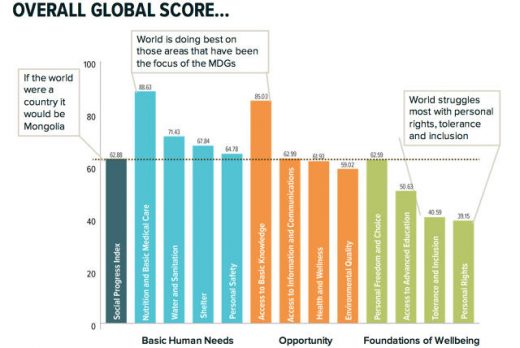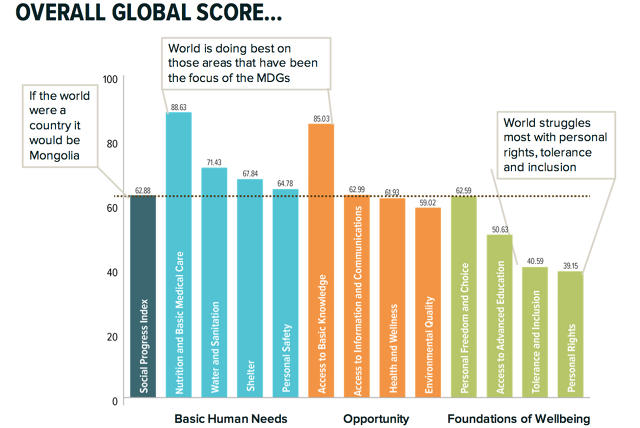The U.S. Doesn’t Crack The Top 10 Of The World’s Best Countries For Social Progress
Though the United States is one of the richest countries in the world, it’s not necessarily one of the most successful. When you take a broad view of social progress—incorporating measures of health, happiness, the environment, and levels of security—we’re actually down the list of big hitters. Nations such as Sweden and the Netherlands have broader-based prosperity and better access to services like health care and housing.
That explains why the U.S. ranks in only 19th place in the latest Social Progress Index (SPI), a ranking that combines many types of quality-of-life data. Our score isn’t disastrous, but it’s brought down by low scores on “environmental quality,” “health and wellness,” and “personal safety.”
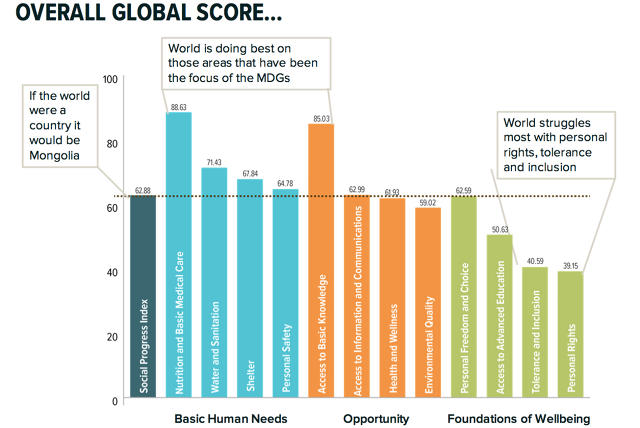
“The U.S. is such an outlier among big industrialized nations. It performs poorly relative to GDP per [person],” says Michael Green, founder of the London-based SPI. “As a country as a whole, people are not being included in basic services that other countries have managed to deliver to everybody.” (Health care being the main such service).
The SPI is one of several efforts to reconceptualize national success beyond the crude metric of GDP. Researchers are interested in people’s reported well-being, not just what growth statistics tell us about how people are feeling. Green says several governments are now using his model for planning purposes, including the European Commission (in deciding where to send “cohesion funds”); Para, an Amazonian state of Brazil; and Rio de Janeiro. Green doesn’t dismiss GDP entirely: He thinks governments should continue measuring their economies. But he argues for complementary measures as well.
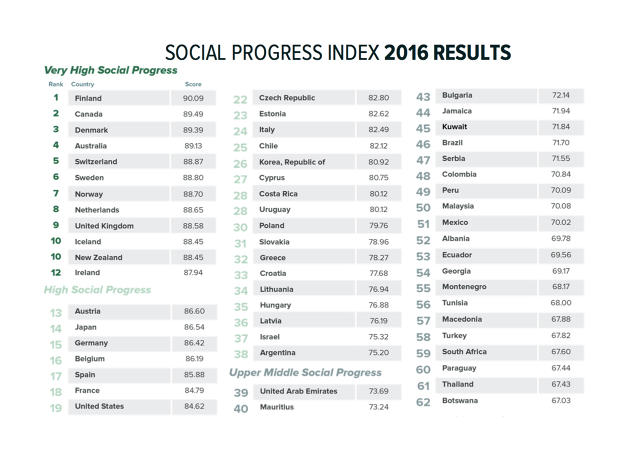
“Countries with higher GDP per capita show higher levels of social progress, but GDP is not destiny. If you base your development plan on just raising GDP per person, you don’t have a complete plan,” Green says. Along with the U.S., China, Malaysia, and Russia are other significant SPI “underperformers” relative to their GDP levels.
The data shows that when countries get richer, they fix things like sanitation and nutrition first. Less tangible issues like tolerance and social inclusion are harder nuts to crack: They remain problems whatever a country’s income level.
“These are the problems for which we know the solutions and there are problems where there’s much less of a relationship with GDP,” Green says. “That tells us the world is still seeking solutions to them and that all income levels struggle with them,” Green says.
Have something to say about this article? You can email us and let us know. If it’s interesting and thoughtful, we may publish your response.
related video: How To Lead A Purposeful Company Toward Social Change
[Cover Photo: GUIZIOU Franck/Getty Images]
These are the top five countries on the Social Progress Index: 1. Finland
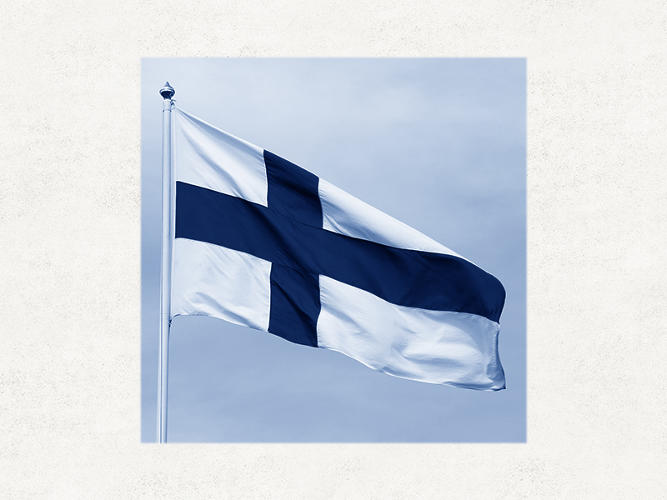
2. Canada

3. Denmark

4. Australia

5. Switzerland

Fast Company , Read Full Story
(44)

